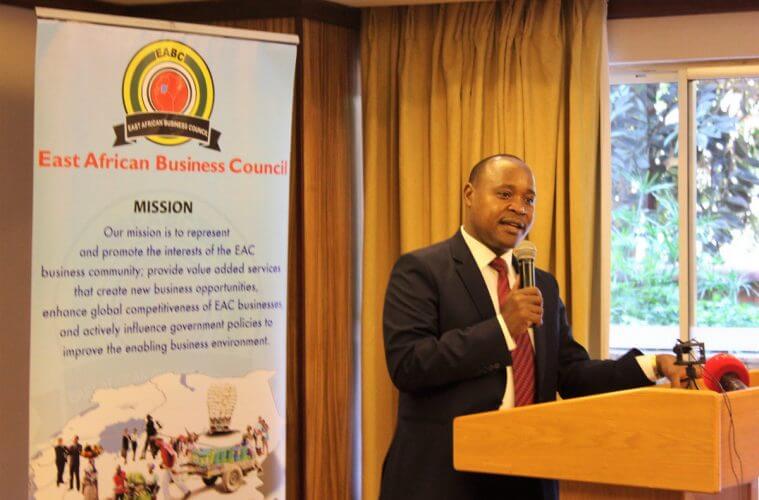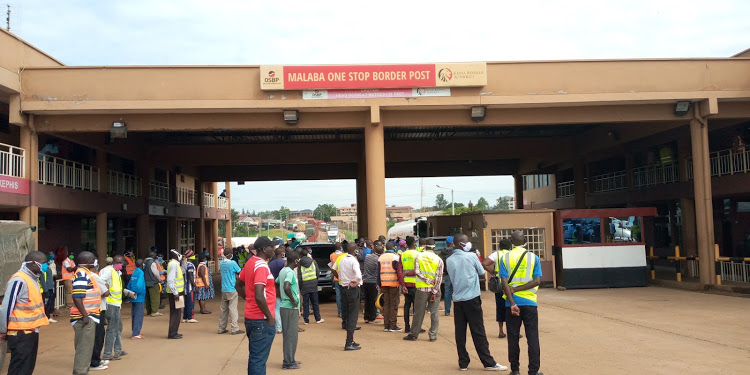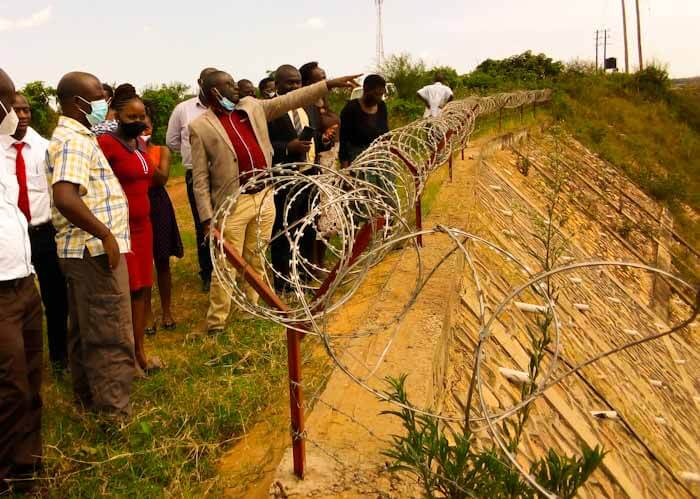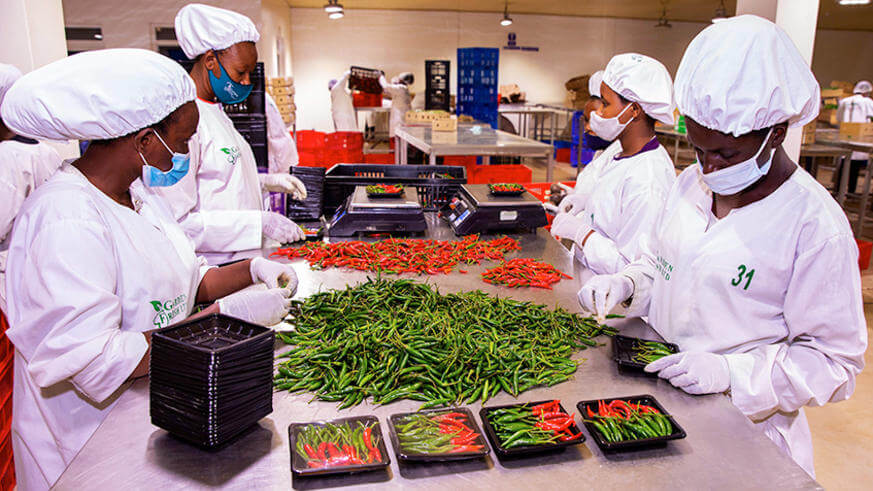The East African Business Council (EABC) has convened trade and policy experts from the EAC Partner States virtually, to map out a joint regional policy advocacy agenda geared to increase intra-EAC trade by 30%. The meeting was done in partnership with the Federation of German Industries (BDI). “The COVID-19 pandemic has compelled EABC to refocus and repurpose policy advocacy initiatives towards economic resilience and rebound including stimulus packages to support business continuity,” said Dr. Peter Mutuku Mathuki, EABC CEO in his opening remarks. Total EAC exports decreased by 4.7% percent to Ksh. 1.53 trillion ($14.0 billion) in 2018 from Ksh. 1.61 trillion($14.7 billion) in 2017 of which, intra-EAC exports accounted for 22.4%. “Speaking in one voice as the business community reinforces our advocacy efforts towards mitigating the impact of the pandemic on businesses and spur intra-EAC trade to 30%,” added Dr. Mathuki. Elimination of persistent Non-Tariff Barriers (NTBs), implementation of trade dispute settlement mechanism; harmonized product standards and work permit regimes; liberalization of trade in services, free movement of capital, harmonization of domestic taxes in the region are top of the EABC Policy Agenda 2021/22 geared to boost intra-EAC trade and investment in the region. Enhancing collaboration and creating synergies among the East African Business Council, National Apex Business Associations and Chambers of Commerce in the region is important towards informing and harmonizing policy advocacy initiatives that reflect business challenges experienced at the national level. Dr. Mathuki urged the experts to reposition the East African business community to be at...
EABC holds talks for policy agenda to increase intra-EAC trade by 30%
Posted on: February 15, 2021
Posted on: February 15, 2021
























